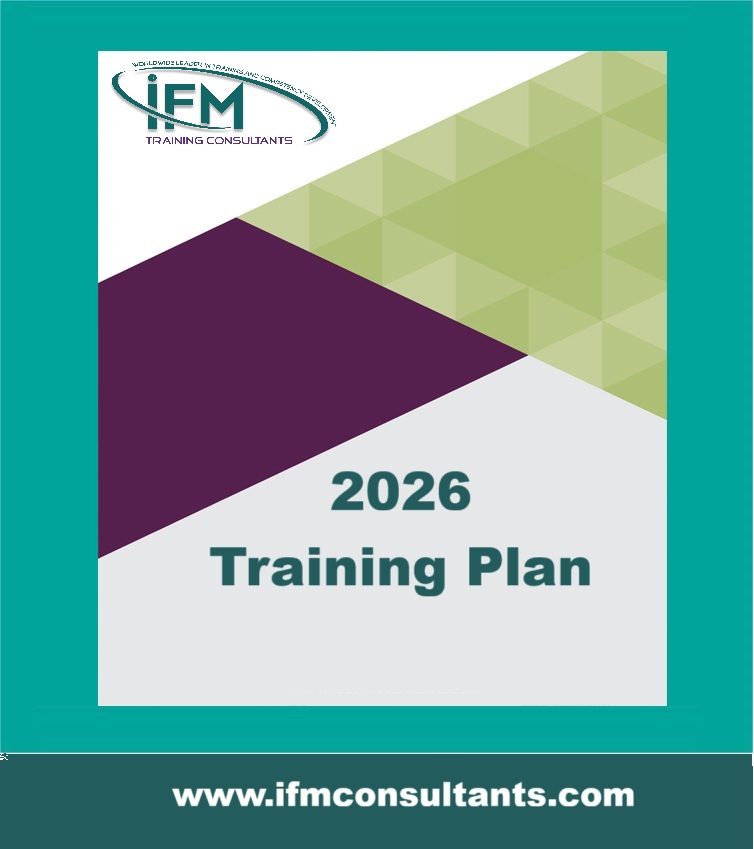Hazard Analysis and Risk assessment
| Start Date | End Date | Venue | Fees (US $) | ||
|---|---|---|---|---|---|
| Hazard Analysis and Risk assessment | 09 Nov 2025 | 13 Nov 2025 | Istanbul, Turkey | $ 4,500 | Register |

Hazard Analysis and Risk assessment
| Start Date | End Date | Venue | Fees (US $) | |
|---|---|---|---|---|
| Hazard Analysis and Risk assessment | 09 Nov 2025 | 13 Nov 2025 | Istanbul, Turkey | $ 4,500 |
Introduction
This program is aimed at providing hands-on experience on the application of advanced risk assessment techniques relevant to the oil, gas and process industries.
Objectives
Attendees will be able to apply skills learnt from this training at a practical level to identify sources of major hazards and to prioritize decisions for their control. In addition to the professional development of staff, the organization should be able to priorities resources to demonstrate that process risks are adequately controlled.
Training Methodology
This is an interactive course. There will be open question and answer sessions, regular group exercises and activities, videos, case studies, and presentations on best practice. Participants will have the opportunity to share with the facilitator and other participants on what works well and not so well for them, as well as work on issues from their own organizations. The online course is conducted online using MS-Teams/ClickMeeting.
Who Should Attend?
This course is aimed at all Personnel involved in loss control and accident prevention. The program is based on multi-disciplinary approach, which includes all personnel from Senior Management to Supervisors.
Course Outline
Day 1: Introduction:
- Discussion of some reasons for a PHA
- Resulting Legal Requirements
- Personal view of accident economics
Definitions:
- Hazard
- Risk
- Quantitative Assessment
- Hazard Identification
- Hazard Evaluation
- Hazard Control
- Safety Management Systems
What is a PHA?
- When is it performed?
- What techniques are used?
- How does it fit into Safety Management Systems?
- What a PHA is not
- Inherent safety first
Elements of Facility Risk:
- Process Hazards
- Human Factors in Facility Risk
- Siting Issues in Facility Risk
- Environmental Issues in Facility Risk
PHA Teams:
- Who Should Participate in a PHA?
- Why a Team Approach?
- Responsibility of Participants in PHAs
- Thinking Skills Required of Participants in PHAs
- PHA Methodologies
- Overview
- Purpose of Study
- Type of Results Desired
- Type of Information Available
- Relative Risks Associated with Facility
- PHA Team Experience Level
- Operating History (Past Incidents)
- Resource Availability and Management/Leader Preference
- Lifecycle Hazard Identification
- Methodology Selection Flow Chart
Day 2: Documentation Issues for Process Hazards Analysis:
- Documentation for Decision Making
- Completed Report Contents
- Usual Format for PHA Report
- Documentation for Future Reference
- Legal Issues (“Due Diligence”)
Reading Engineering Drawings:
- Types of Engineering Drawings Used in PHA Studies
- Overview of Reading P&IDs
- Examples of P&ID Abbreviations
- Reference Symbol Sheets
Team Leadership:
- Team Leadership Skills
- Team Leader Qualifications
- PHA Leadership Responsibilities
- Understanding Group Personalities
- Getting the Best from Your Team
PHA Workshop (HAZOP & What-If):
- Assembling and verifying plant descriptive information
- Defining Scope and Objective of PHAs
- Estimating Time for PHAs and Planning Schedule
- Risk Ranking Matrix for PHAs
- Documenting the PHA Worksheet
- Credibility of Causes
- Accident Causes Categories to be Considered by PHA Team
- Follow-up
Day 3: Hands-on Workshop
- PHA Workshop Resources
HAZOP
Practical HAZOP
Methodology Selection Criteria
- PHA Flow Chart
- Objectives of a Good PHA
- Process Safety Information for Hazard Analysis
- HAZOP (Hazards and Operability Analysis)
- Preliminary Hazards Analysis
- Checklist Analysis
- What-If Analysis
- What-If/Checklist Analysis
- Failure Mode and Effects Analysis (FMEA)
- Advantages and Disadvantages of PHA Methodologies
- Limitations of PHA
Cases & Workshops
Day 4: What-if
- Process Hazards
- Human Factors in Facility Risk
- Siting Issues in Facility Risk
- Environmental Issues in Facility Risk
Day 5: Practical cases, Video Playing and discussion

















